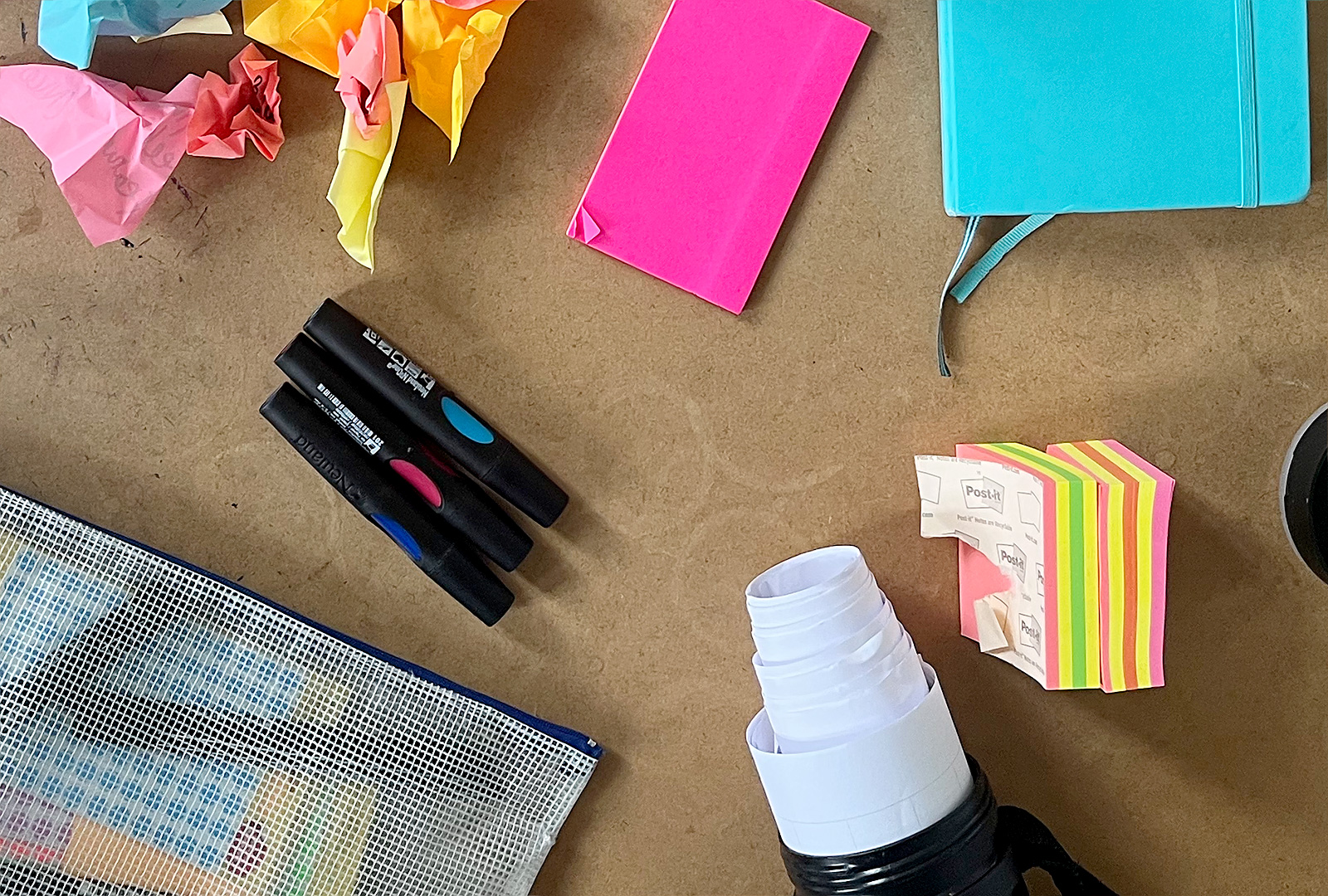Conflict Management
Managing conflicts constructively and strengthening cooperation.

Is there a constant grind in your team or project? The mood is bad and collaboration is difficult? Conflict costs time, energy, nerves and ultimately money, as it can affect collaboration to such an extent that productive progress is no longer possible.
Conflicts are unavoidable and are part and parcel of social interaction. Although they are usually not pleasant for those involved, they are often also an opportunity for change. The crucial question is therefore not whether conflicts occur, but how we deal with them.
I am a certified mediator and support you in dealing with conflicts and strengthening your own conflict competence.
My services
Conflict mediation and moderation
Sometimes conflicts have escalated to such an extent that they can no longer be resolved on their own. In these cases, I can support you as a mediator. As a mediator, I ensure a structured discussion between all parties and support the joint search for constructive and sustainable solutions.
What are the advantages of mediation?
- Utilizing the energy tied up in conflict: The energy tied up in conflict can be put to good use again and used for productive purposes.
- Engine for change: Dealing with tensions can be an important engine for change in teams and organizations and promote positive developments.
- Fast and cost-effective alternative: Compared to lengthy legal disputes, mediation offers a faster and more cost-effective alternative to conflict resolution.
- Improved cooperation: Dealing with conflicts helps to improve cooperation within the team and to work together more positively.
- Strengthened conflict resolution skills: Employees' conflict resolution skills are strengthened, making them better able to tackle future challenges constructively and resolve conflicts independently.
Mediation is a structured process for dealing with conflicts, whether at work, in business, in the neighborhood, in partnerships, families or friendships. It can be used in all situations where it is useful to resolve conflicts and maintain long-term relationships. Mediation is often quicker and cheaper than other forms of conflict resolution, such as legal disputes, and can promote a lasting solution as the parties work together to reach an agreement.
As a mediator, I am independent and impartial. I guide the parties through the mediation process and ensure that all relevant issues are discussed. I support the parties in finding a solution themselves.
An important prerequisite for mediation is the willingness of all parties to participate in mediation and to work through the conflict.
In the introductory call, we clarify who is involved in the mediation, what it is about and what the framework conditions are (location, time, costs). As a mediator, I ensure a structured process in which each party can present their views and discuss proposed solutions. During the process, the parties explore whether and on which points they can reach an agreement.
The mediation process is open-ended. The parties may come to an agreement and draw up a joint final agreement containing arrangements for the future. In some cases, no agreement can be reached. At the end of the process, there is always clarity as to whether and how to proceed.